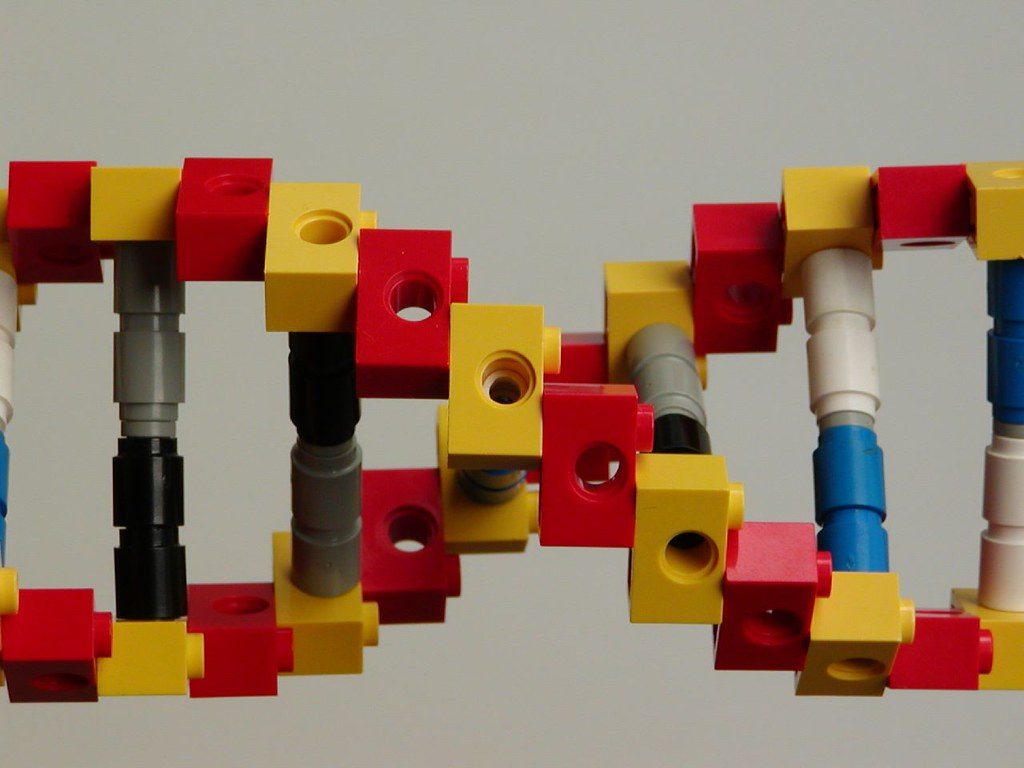We Are Not the Virus. We Are the Kamikazes. | P2P Foundation (original) (raw)

We Are Not the Virus. We Are the Kamikazes.
I understand why environmentalists have concluded that Covid-19 is nature’s way of repelling human activity. If we’re going to keep mucking around with Earth’s biodiversity, climate, topsoil, oceans, and air, eventually nature’s going to respond. In this view, the virus is nature’s own antibodies, repelling human invasion.
I sympathize with the systemic style of this perspective, but I think they’re looking at it the wrong way. No, we are not being attacked by nature for our sins — but this is a shared, collective illness. Covid-19 is an opportunistic infection, attacking the human organism as a whole.
I don’t look at it as a good thing — not at all — but it reminds me of how we get sick as individuals in real life. We get run down from too much work and stress. We don’t take any downtime for family and friends. We don’t have enough laughter in our lives. Or we do shift work, alternating days and nights with little regard for our biological clocks. We start drinking coffee or taking speed to keep going and then more medicine to deal with the depression.
We get the warnings: bad sleep, bad moods, and bad sex. We experience less satisfaction in general; our relationships decline. Then our body tries to warn us, too: We start feeling run down and get headaches that Advil won’t take away. Then something else stressful hits, and bam, we get sick. Does that mean germs and viruses aren’t real? That illness is entirely psychosomatic? Of course not. But the bacteria or virus is just the figure. It’s always there — or something like it is—ready to take advantage.
More important, though, surrendering to illness is our body’s last-gasp effort to resist the greater, environmental stresses. Getting sick is the last thing we do before either withdrawing from the stressors or collapsing altogether.
I’ve begun seeing the Covid-19 virus this way. It’s not a pretty thought, but what if this virus is our last-gasp resistance to the ravages of techno-capitalism? It’s not a good thing in itself — no. But it is addressing a real problem. Think of the virus as more like the President Trump phenomenon — an illness that reveals much bigger systemic woes and forces us to confront them. Only in this case, the virus is a weapon generated by life itself against the repression and exploitation of humanity by the market, technology, and other unchecked forces of death and destruction.
We were like a person working so hard and for so little nourishment in return that we had to take steroids to keep going. The market demanded growth from us collectively—more growth so that shareholders could passively extract more value from us. But they were taking our jobs and social safety nets away at the same time. We need to work more while earning less, patching together an income from three or four different gig jobs, each one with less support and security than the last.
This growth mandate — the one we’re supporting — has nothing to do with our survival or meeting human needs. The only ones who need the economy to keep growing—and for us to keep accelerating — are the bankers and shareholders passively extracting value from our labor, the people who are not on the ground working or creating value. But those of us on the ground have no way to push back. We have no way to slow the economy or to challenge its acceleration. China’s slaves keep making more cheap tech for America to keep deploying more surveillance and disaster capitalism.
The only way we humans could slow down the economy was to get sick. Just like the person whose body can’t take any more stress. It says “no more.” That’s what our collective body is doing. We couldn’t crash the market back in 2007, so now we are crashing ourselves.
The Chinese are in the same position. No, the transition of China from a farming nation to an urban slave metropolis didn’t work. Those colossal wet markets — where hundreds of species of living and dead animals fester all over each other and mutate new pathogens — that’s not some cultural tradition. It’s an artifact of rapid industrial expansion. And the transition of America from a worker/craftsperson economy to one of global digital extraction doesn’t work, either. It has decimated every other aspect of commerce and community. We’re dying here.
But if our conscious, political, social mechanisms are not capable of arresting this — if we can’t elect a Bernie Sanders or an Elizabeth Warren, develop sustainable local economies, or even bake bread profitably in a society dominated by the interests of corrupt global supply chains, then our corrective measures are going to come from somewhere else: the subconscious, like Trump. Or our biology itself, like Covid-19.
Remember when you’d get sick, and your parent or your partner would say, “You’ve been working too hard. I told you to take better care of yourself.” That’s your body revolting, saying “enough” — even if it does so in a self-destructive way. Well, in that sense, Covid-19 is our collective body saying “enough” and trying to do for us what our activism and politics and community organizing have failed to. Yes, some of us will die. That’s how desperate we’ve become. It’s a kamikaze attack of human biology against systems that threaten our very survival.
This is the intervention.
Lead Image: Lego DNA by mknowles
